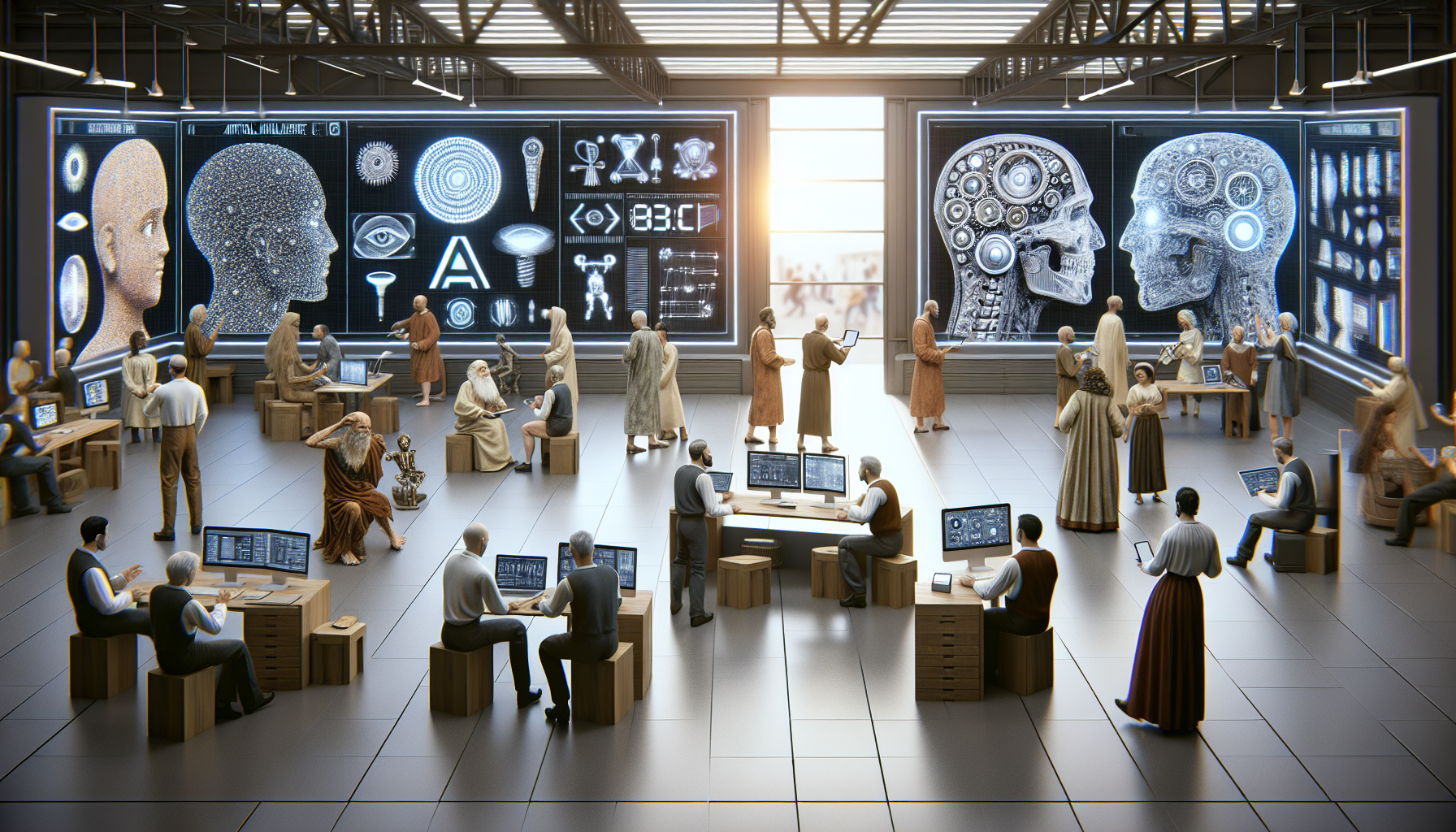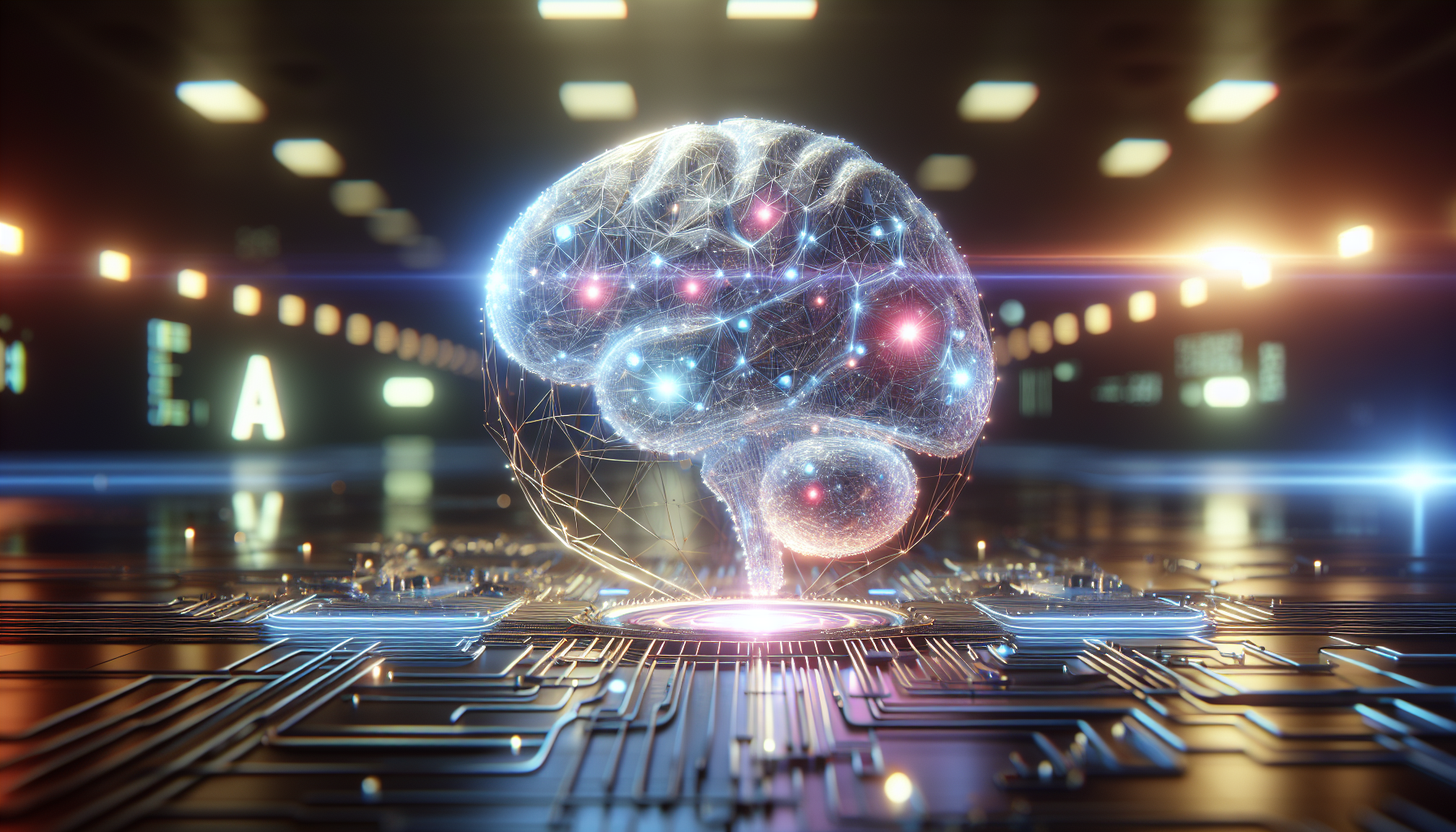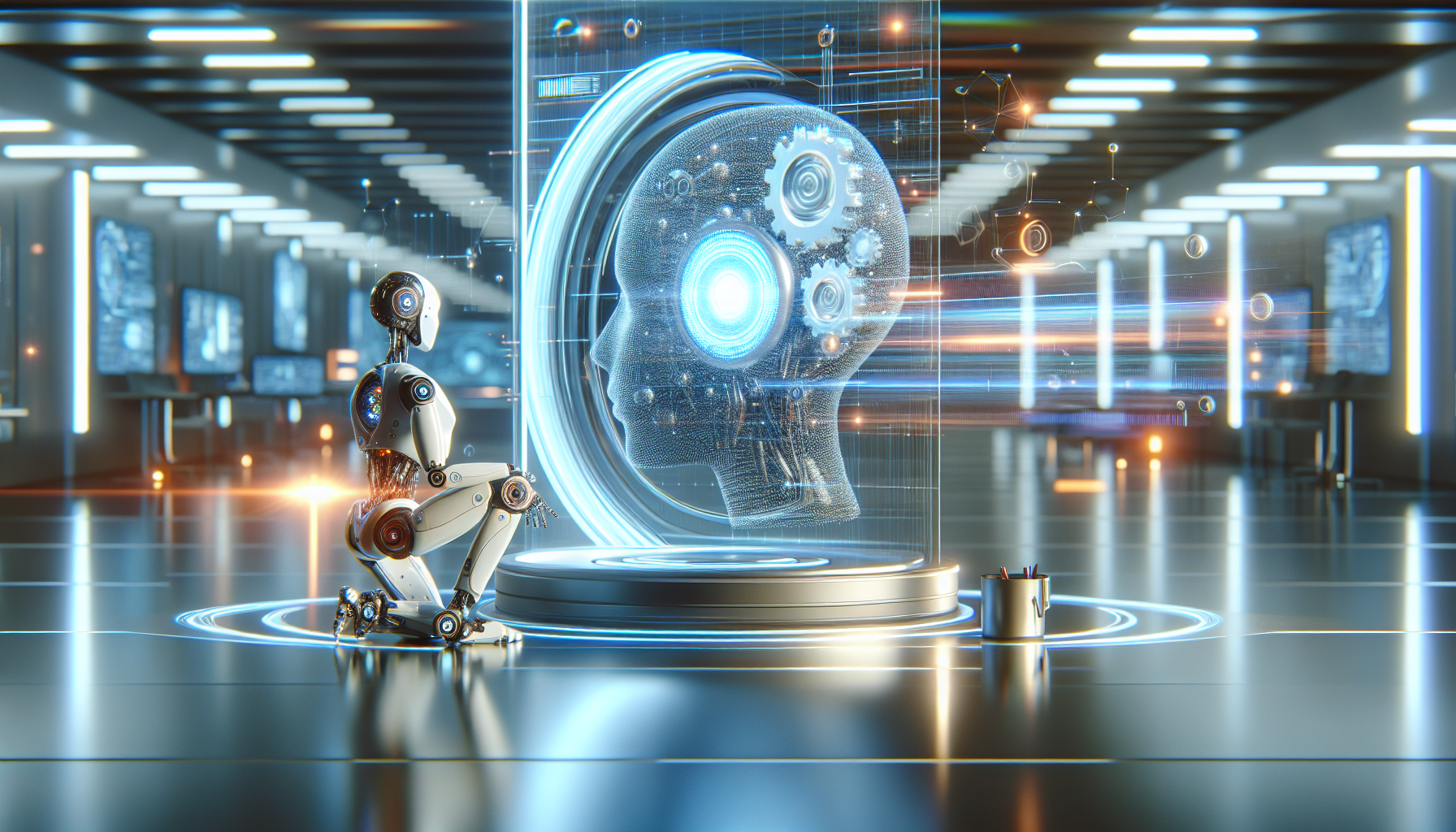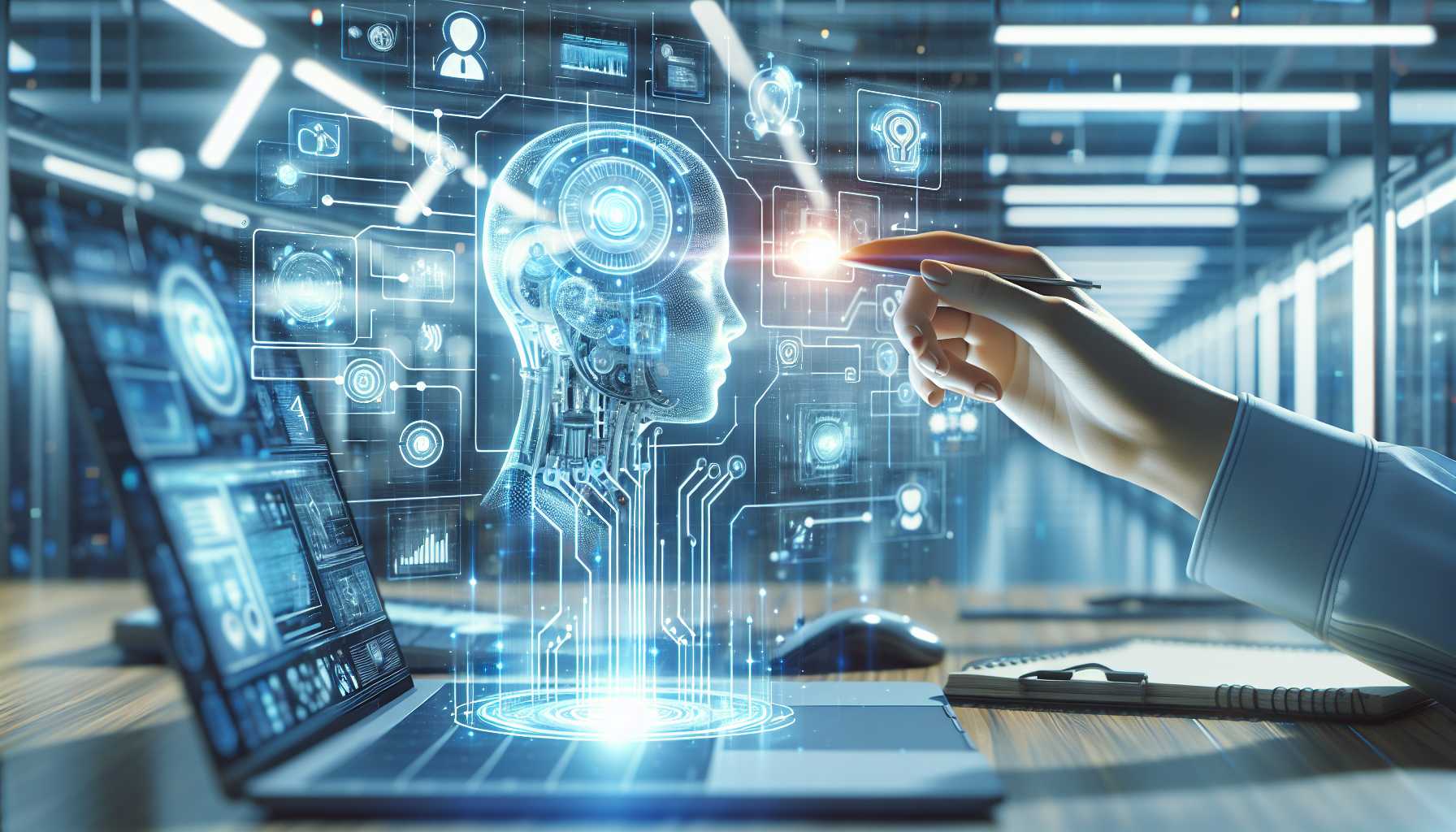
AI and Blockchain: A Revolutionary Fusion in Digital Transactions
July 21, 2025
The convergence of artificial intelligence and blockchain technology is revolutionizing digital transactions, creating a synergy that promises to redefine how we conduct business. This partnership between two of the most transformative technologies of our time is not just a fleeting trend but a profound shift with historical roots and far-reaching implications.
Imagine a world where each digital transaction is not only secure but also intelligent—capable of learning and adapting to evolving threats and opportunities. This is not science fiction; it is the reality being shaped by the integration of AI and blockchain. While blockchain provides a decentralized ledger that ensures transparency and security, AI brings the power of machine learning and data analytics, enhancing the efficiency and reliability of these transactions.
To appreciate the magnitude of this integration, we must delve into the historical context. Blockchain technology, initially conceived as the backbone of cryptocurrencies, offered a novel way to record and verify transactions without the need for intermediaries. This decentralized approach was revolutionary, challenging traditional financial systems and empowering individuals with greater control over their assets. However, blockchain's potential extends far beyond cryptocurrencies, finding applications in supply chains, healthcare, and digital identity verification.
On the other hand, artificial intelligence has been gradually weaving itself into the fabric of our daily lives, from virtual assistants to predictive analytics in various industries. AI's ability to process vast amounts of data and extract meaningful insights has positioned it as a critical tool for decision-making and automation. When combined with blockchain, AI can address one of the most significant challenges facing blockchain technology: scalability.
Consider the issue of transaction speed. Blockchain's decentralized nature, while secure, can slow down the process of verifying transactions. AI algorithms can optimize this process by predicting transaction patterns and allocating resources more efficiently, thus enhancing the overall speed and scalability of blockchain networks. This not only makes digital transactions faster but also more cost-effective, as the need for computational power is reduced.
Moreover, AI can enhance the security of blockchain networks. By continuously monitoring and analyzing transaction data, AI systems can detect anomalies and potential threats in real-time, ensuring that the integrity of the blockchain is maintained. This proactive approach to security is vital in an era where cyber threats are increasingly sophisticated and pervasive.
But the benefits of integrating AI and blockchain extend beyond technical improvements. This fusion has the potential to democratize access to financial services. In regions where traditional banking infrastructure is lacking, blockchain enables secure and transparent transactions, while AI can offer personalized financial advice and risk assessment, empowering individuals to make informed financial decisions.
The historical significance of this technological partnership is underscored by its potential to foster innovation across various sectors. In supply chain management, for example, blockchain can provide an immutable record of product provenance, while AI can predict demand and optimize logistics. This combination can lead to more efficient and sustainable supply chains, reducing waste and improving customer satisfaction.
In healthcare, the integration of AI and blockchain can revolutionize patient data management. Blockchain ensures that patient records are secure and accessible only to authorized parties, while AI can analyze these records to provide insights into patient care and treatment outcomes. This could lead to more personalized and effective healthcare solutions, ultimately improving patient outcomes and reducing costs.
As we stand at the cusp of this technological evolution, it is crucial to recognize the broader societal implications. The fusion of AI and blockchain has the potential to disrupt traditional power structures, challenging the dominance of established financial institutions and large corporations. By decentralizing control and empowering individuals, this technology can pave the way for a more equitable and inclusive digital economy.
The question we must ask ourselves is not whether we should embrace this technological transformation but how we can harness its potential to create a future that benefits everyone. What new opportunities will arise from this fusion of AI and blockchain? How can we ensure that the benefits are distributed equitably across society? These are not just technical challenges but ethical ones, requiring thoughtful consideration and proactive engagement from all stakeholders.
In this era of rapid technological change, the fusion of AI and blockchain represents a pivotal moment in the history of digital transactions. It is an opportunity to rethink and reshape the systems that underpin our digital economy, offering the promise of a more secure, efficient, and inclusive future. As we navigate this transformation, let us remain vigilant and thoughtful, ensuring that we steer these technologies toward a future that serves the greater good.


